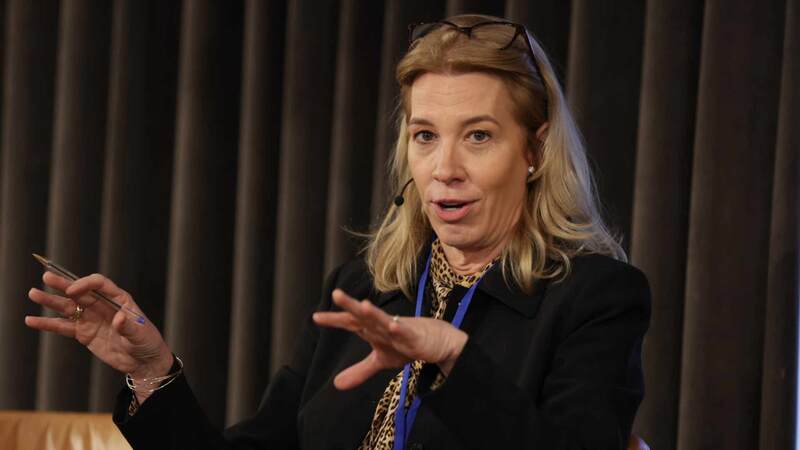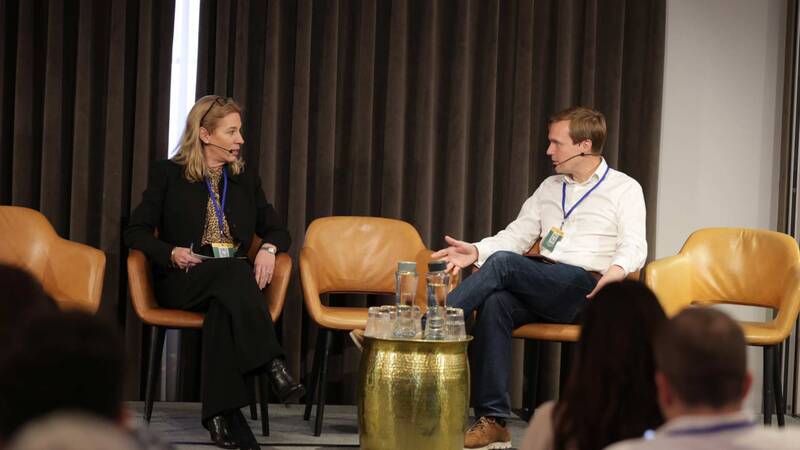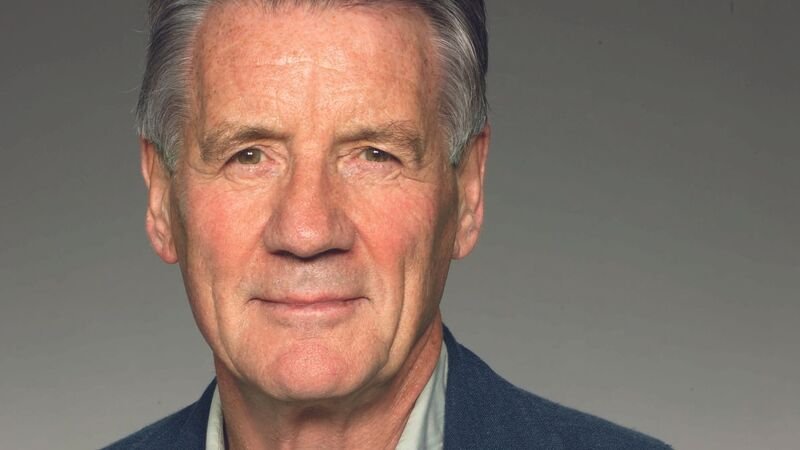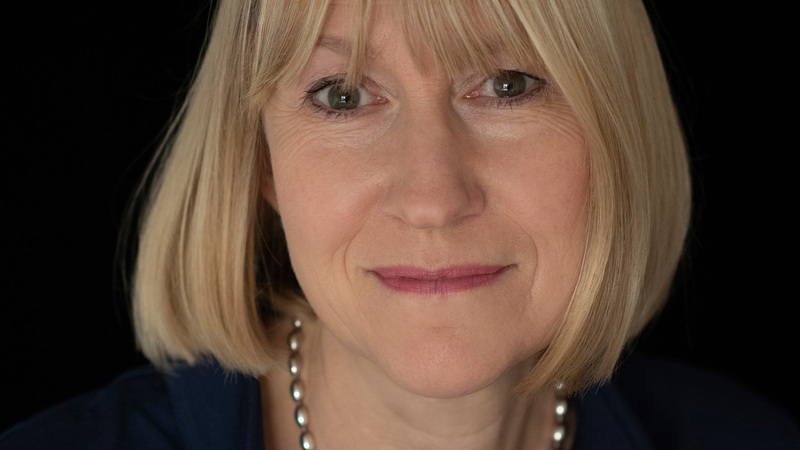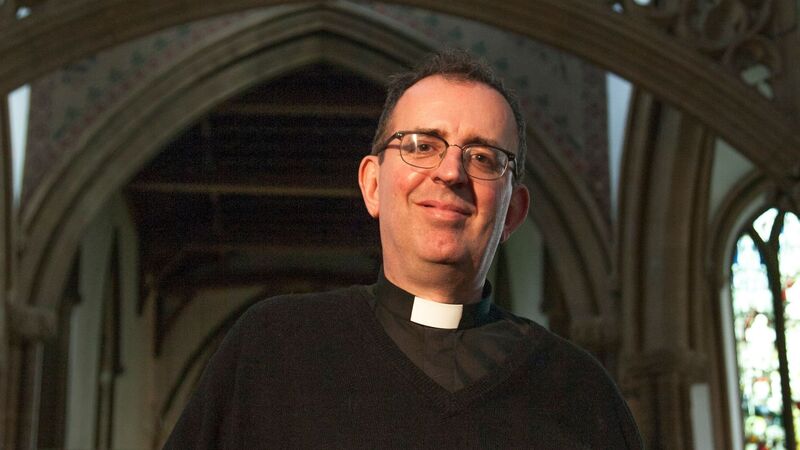You are viewing your 1 free article this month. Login to read more articles.
W&N snaps up ‘exquisite’ novel from Gospodinov
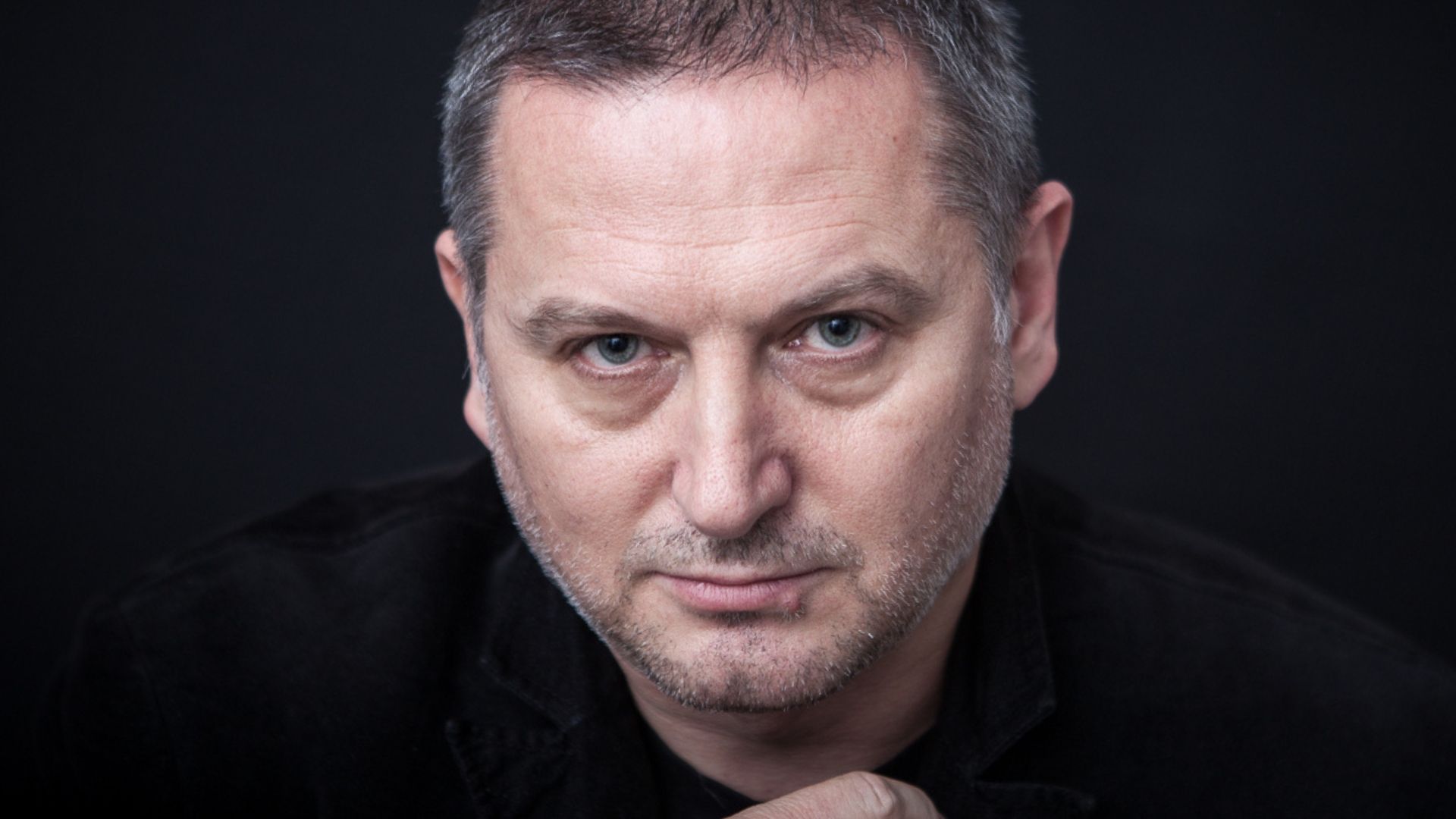
Weidenfield & Nicolson has signed Time Shelter, "a powerful and brilliant novel" by Georgi Gospodinov.
Publishing director Federico Andornino acquired UK and Commonwealth rights, excluding Canada, from Luke Ingram at The Wylie Agency. The novel was translated from Bulgarian by Angela Rodel and will be published on 12th May 2022.
Time Shelter was awarded the 2021 Premio Strega Europeo and the 2020 National Literary Award for Bulgarian Novel of the Year.
The publisher wrote: “In Time Shelter, an enigmatic flaneur named Gaustine opens a ’clinic for the past’ that offers a promising treatment for Alzheimer’s sufferers: each floor reproduces a decade in minute detail, transporting patients back in time. As Gaustine’s assistant, the unnamed narrator is tasked with collecting the flotsam and jetsam of the past, from 1960s furniture and 1940s shirt buttons to scents and even afternoon light. But as the rooms become more convincing, an increasing number of healthy people seek out the clinic as a ’time shelter’, hoping to escape from the horrors of our present—a development that results in an unexpected conundrum when the past begins to invade the present.”
Andornino commented: “Every once in a while a novel comes along that suddenly illuminates the times we live in. Time Shelter is that novel. So much of our recent history—from Brexit to Trump to the rise of populism around the world—is deeply connected with the concept of nostalgia. Seen from the eyes of a master storyteller—and crucially, someone who writes from outside the canon of contemporary English fiction—these ideas are crystallised in a narration that entertains and surprises in equal measure.”
Gospodinov added: “I wrote Time Shelter in the wake of everything that’s happening now. There was anxiety in the air, there were signs. I didn’t have a clear idea of what was to come, but the feeling that something wasn’t the same was already hovering around me. This novel isn’t just political or dystopian, it’s very personal. Can we take refuge in the past, can we choose our happiest days and live in them? It might apply to the individual, but does it apply to nations? We are made of the past, we are continually producing the past, and at some point—when the future is denied to us—our natural drive is to huddle into the refuge of days gone by. But the beasts of the past are slumbering there. And what happens when memory leaves our bodies?”





